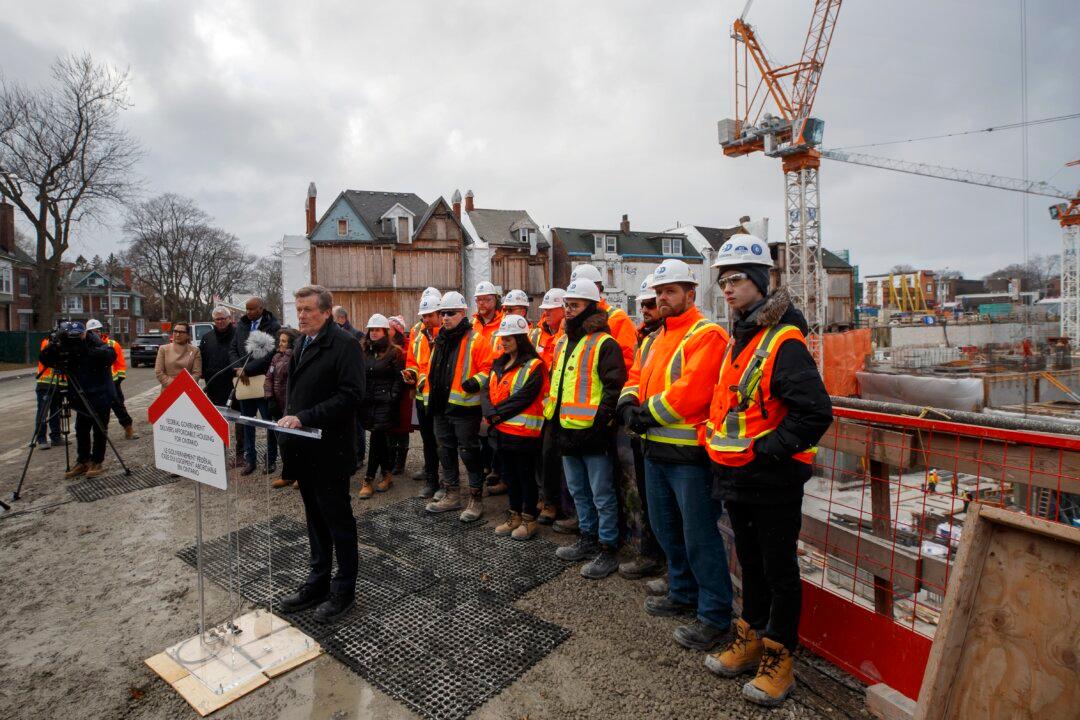Mayor John Tory expressed support for a Toronto city staff report recommending a tax to be imposed on vacant homes starting in 2022.
Tory said in a Dec. 3 news release that most Toronto residents will not have to pay this tax.

Mayor John Tory expressed support for a Toronto city staff report recommending a tax to be imposed on vacant homes starting in 2022.